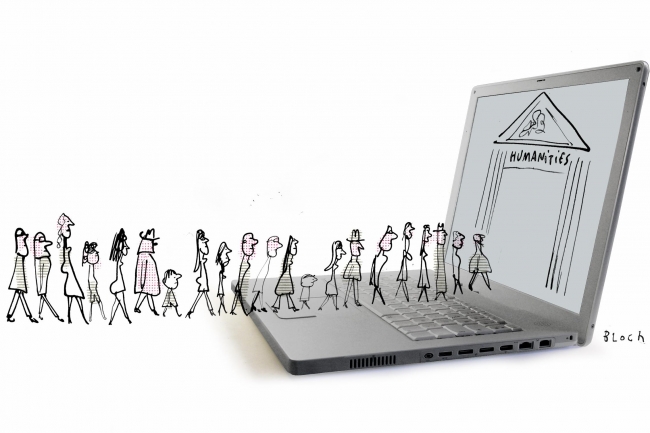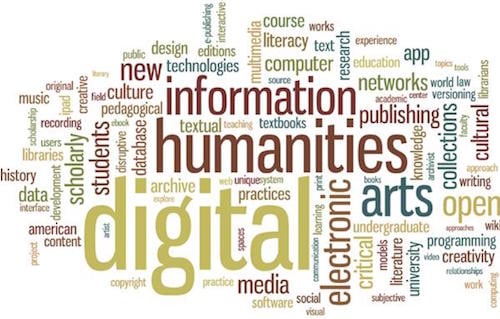1. Define Digital Humanities?
Digital humanities (DH) is an area of scholarly activity at the intersection of computing or digital technologies and the disciplines of the humanities. It includes the systematic use of digital resources in the humanities, as well as the analysis of their application. DH can be defined as new ways of doing scholarships that involve collaborative, transdisciplinary, and computationally engaged research, teaching, and publishing. It brings digital tools and methods to the study of the humanities with the recognition that the printed word is no longer the main medium for knowledge production and distribution. The definition of digital humanities is being continually formulated by scholars and practitioners. Since the field is constantly growing and changing, specific definitions can quickly become outdated or unnecessarily limit future potential. The second volume of Debates in the Digital Humanities (2016) acknowledges the difficulty in defining the field: "Along with the digital archives, quantitative analyses, and tool-building projects that once characterized the field, DH now encompasses a wide range of methods and practices: visualizations of large image sets, 3D modeling of historical artifacts, 'born digital' dissertations, hashtag activism and the analysis thereof, alternate reality games, mobile maker spaces, and more. In what has been called 'big tent' DH, it can at times be difficult to determine with any specificity what precisely digital humanities work entails (Wikipedia)

"This final section of Digital Humanities reflects, but can also stand alone as a concise overview of the field. As digital methodologies, tools, and skills become increasingly central to work in the humanities, questions regarding fundamentals, project outcomes, assessment, and design have become urgent. The specifications provide a set of checklists to guide those who do work in the Digital Humanities, as well as those who are asked to assess and fund Digital Humanities scholars, projects, and initiatives."

Yes, it is needed for the study/research of literature because It has been well used in English languages so it can assist in the study/research of regional literature written in all languages (such as Hindi, Sanskrit, Gujarati, Marathi, Tamil, Telugu, etc.) as it helps in the study of literature in English.



No comments:
Post a Comment
if you have any knowledge. please let me know